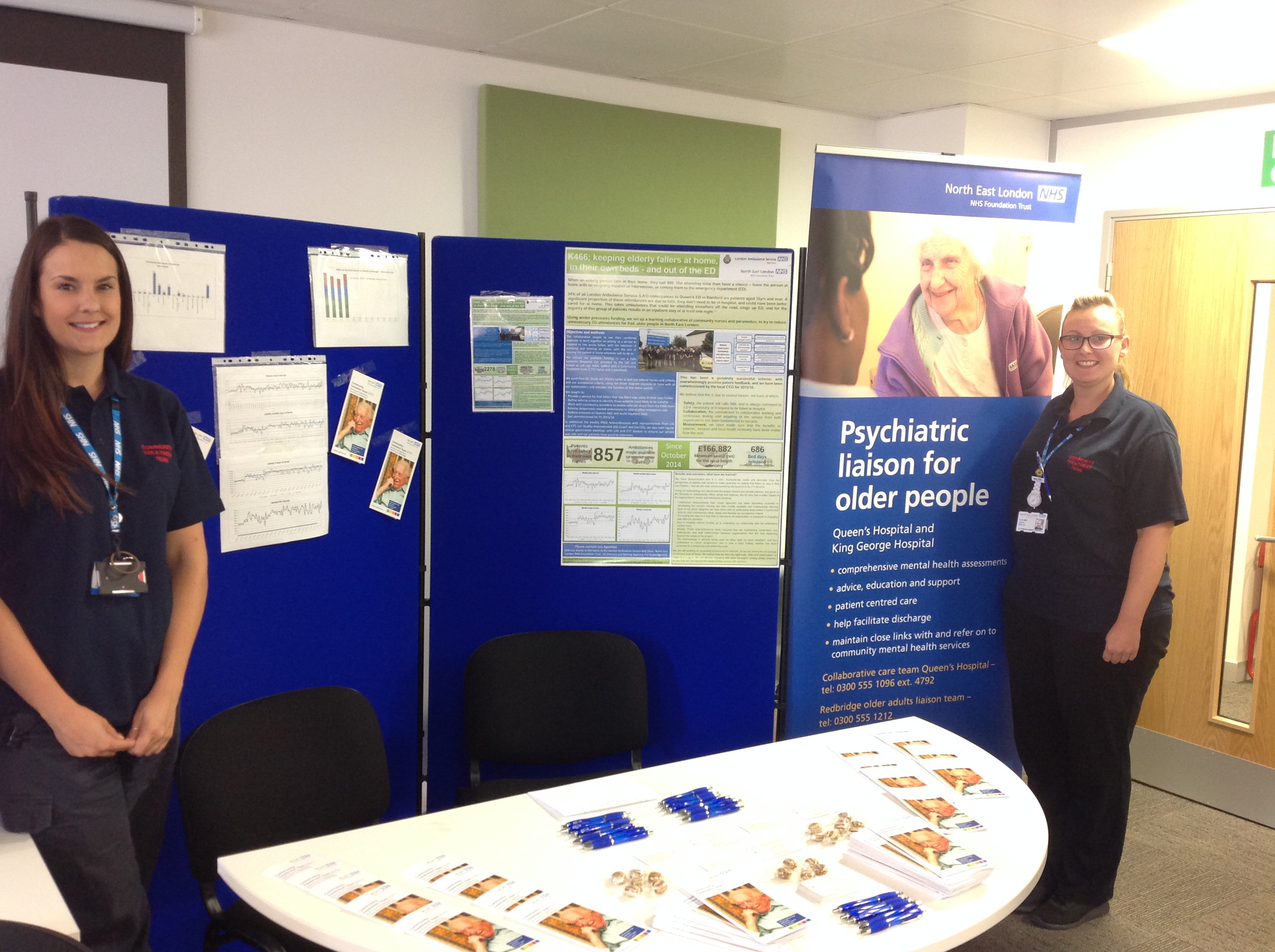The service provides short-term intensive care and support to people experiencing an urgent healthcare need or social crisis.
The service is for adults living in Barking & Dagenham, Havering or Redbridge, and is open every day between 8am and 10pm.
The team aims t
 o contact patients within two hours and support them to remain at home rather than them going to hospital.
o contact patients within two hours and support them to remain at home rather than them going to hospital.The team sees patients that are experiencing pain, difficulty in moving following a fall, difficulty in breathing, infections such as chest, UTI's and skin infections.
The team can also administer IV antibiotics for lower limb cellulitis. There is also staff working in the Emergency department at Queens Hospital in Romford and patients are assessed and supported to return home without hospital admission.
Patients are referred for ongoing management to Community Matrons, District Nurses and other specialist community teams. At discharge the team liaises with the patients’ GPs informing them of the team’s involvement and the treatment the patient has received. The team measures patient satisfaction monthly and this is overwhelmingly positive.
The Nurse Paramedic response service, known as K466, was set up in October 2014 following an audit that was carried out in our local Emergency Department (ED) in October 2013.
The audit found that 34% of conveyances to the ED by the London Ambulance Service were patients over the age of 75; significant proportions of these patients had fallen but interestingly were discharged home the same day with little intervention.
Frailty academy provided by HENCEL and UCL Partners facilitated the work we have achieved with this project by providing teaching around quality improvement methodology.
 Our aim was to reduce unnecessary conveyance and admission to ED for frail and elderly fallers.
Our aim was to reduce unnecessary conveyance and admission to ED for frail and elderly fallers.This was achieved by setting up a fast response vehicle provided by the LAS with an experienced paramedic and a CTT (NELFT) nurse to attend to low acuity fallers, with the intention of keeping patients at home wherever safe to do so.
To end of May 2016 the team have kept 2276 patients safely at home which is an estimated saving of £282,179 to the local health economy.
This does not take into account associated costs which might be incurred when elderly patients have to attend hospital, for example, when the patient is the main carer.
The service is successful both on a financial front and patient experience.

